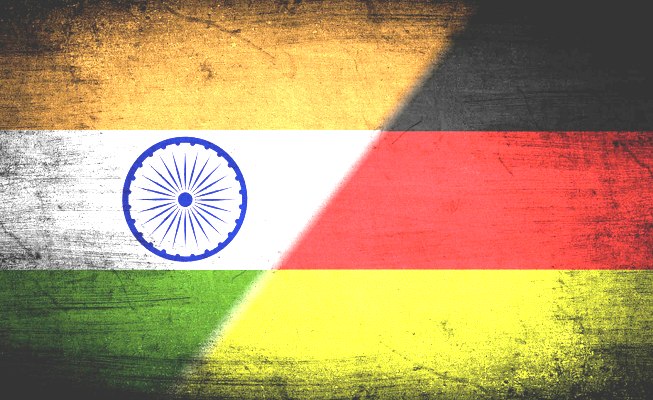On Monday, Germany lifted a ban on travellers from India, the UK and three other countries, where the delta variant of coronavirus has been found in the samples of Covid-19 patients. Among the different variants, the delta variant is the dominant one found in the UK which scuttled Boris Johnson government’s plan to open up the country.
Robert Koch Institute is a German federal government agency responsible for disease control and prevention. It said that India, Nepal, Russia, Portugal and the UK have been downgraded to “high-incidence areas” from the current categorisation of “areas of variant concern”. The Germany government has reclassified India, the UK, Russia, Portugal and Nepal as “high-incidence areas”. This would allow travellers to enter the country after producing a negative test on arrival, making it easier for travellers who are not German residents or citizens to enter the country.
Also See: Are Covid vaccines magnetic? Facts you should know related to coronavirus
The current rules in Germany allow only its citizens to enter the country from a nation struck by a variant. The citizens after entry into Germany are subjected to two-week quarantine, regardless of their vaccination status. The “high-incidence areas” status will allow anyone from such countries to enter Germany. Only pre-conditions are that they produce a negative test on arrival and quarantine on arrival for 10 days.
If they test negative for Covid-19, the quarantine period can be shortened to five days. These new norms will be effective in Germany from Wednesday.
If the travellers from high-incidence areas have been fully vaccinated, then they are also exempt from quarantine.
Last week German health minister Jens Spahn had said that the federal government will look into the situation (of allowing travellers form delta variant-hit countries) “in the next few days”.
Also See: New mutants of Coronavirus
The relaxation in the curbs is driven by a crucial fact that vaccines have been found to be effective against the Delta variant. This variant was first discovered in India.
On Friday, German Chancellor Angela Merkel had said, “We think that in the foreseeable future, those who have received double jabs will be able to travel again, without having to go into quarantine.”
Dubai has eased restrictions on Indian travellers last month. The easing of the restrictions was for those who have received two doses of a UAE-approved Covid-19 vaccine. United Arab Emirates has approved the vaccines made by Sinopharm, Pfizer-BioNTech, Sputnik V and Oxford-AstraZeneca.
Also Read: Growing proximity of Israel and the Gulf States-from cultural angle to business deals
Four hours prior to departure to Dubai, the passengers from India are required to undergo a rapid PCR test. Upon arrival in Dubai, they must also undergo another PCR test. The passengers from India should undergo institutional quarantine until they receive their PCR test result, following their arrival. The passengers’ PCR test result is generally expected within 24 hours from the time of their arrival.





